10 Ways To Prevent Pimples And Acne Naturally At Home
By: Priyanka Maheshwari Sat, 30 Sept 2023 3:22:58

Dealing with acne and pimples can be quite challenging, and most people would prefer to avoid the ordeal altogether. So, wouldn't it be better to focus on prevention? But how can we prevent these skin issues? To prevent acne and pimples, it's essential to follow a structured skincare routine since they can be caused by various factors. Can home remedies effectively contribute to acne and pimple prevention? In this article, we will explore the causes of these skin conditions and discuss various remedies to help you steer clear of them. Keep reading to gain more insight!
According to the dictionary, a pimple is defined as an inflamed blemish on the skin. Pimples, a type of acne, can manifest at any age and under various circumstances.
Before attempting any treatment, it's crucial to grasp the reasons behind the occurrence of pimples and acne. Below, we outline the factors responsible for these conditions:
* Blocked Pores: When your pores or sebaceous glands become obstructed, they are unable to release sebum, an oily substance responsible for maintaining skin moisture. The accumulation of oil, dead skin cells, and bacteria in this area leads to the development of acne or pimples.
* Genetic Factors: If acne runs in your family, it's probable that you may experience it as well. Your genetic makeup determines your skin's sensitivity to hormonal fluctuations, the rate at which it sheds skin cells, the quantity of sebum it produces, and its response to inflammation. These factors collectively influence your susceptibility to developing pimples.
* Hormonal Influence: Pimples are directly linked to your estrogen and testosterone levels. This is why acne tends to surface most frequently during puberty, pregnancy, and menstruation.
* Stress: Research indicates that stress can exacerbate acne. Stress hormones affect the receptors in your sebaceous glands, leading to increased sebum production and, consequently, acne when you're under stress.
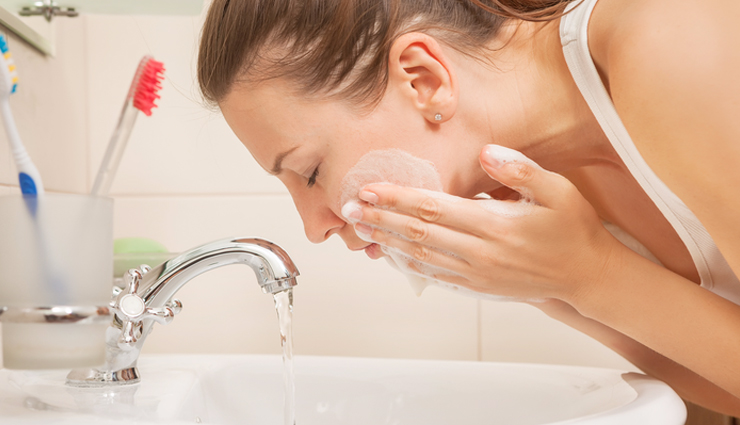
# Wash Your Face Properly
A fundamental aspect of your skincare regimen is the use of a gentle cleansing routine. Employ a mild, non-comedogenic cleanser to cleanse your face twice daily: once in the morning and again before bedtime. Additionally, consider cleansing your face if you engage in strenuous physical activity and sweat profusely. However, it's essential to steer clear of overzealous face washing, as it can potentially result in skin redness or excessive dryness. In cases of excessive oiliness, you can use blotting paper to help control the oil levels. Furthermore, make sure to utilize warm water during the cleansing process to effectively open up your pores.
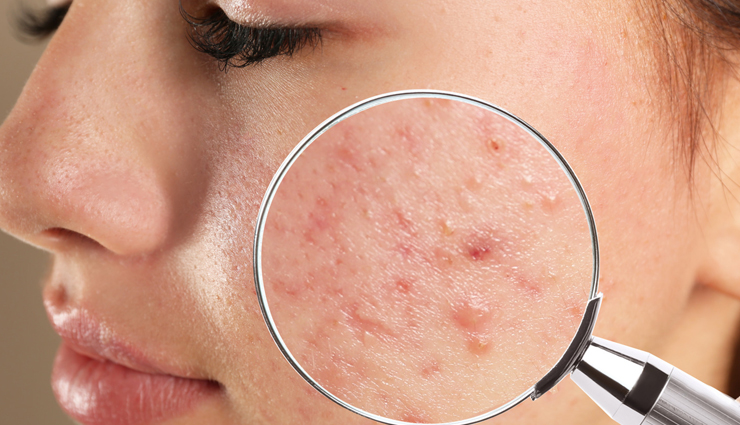
# Know Your Skin Type
This step is crucial as it enables you to select the appropriate skincare items tailored to your specific skin type. It's important to note that products designed for oily skin may not be suitable for those with dry skin. Oily skin is particularly susceptible to pimple breakouts due to the hyperactivity of the sebaceous glands, resulting in excessive sebum production. Additionally, individuals with combination skin are at risk of developing pimples in the T-zone region.
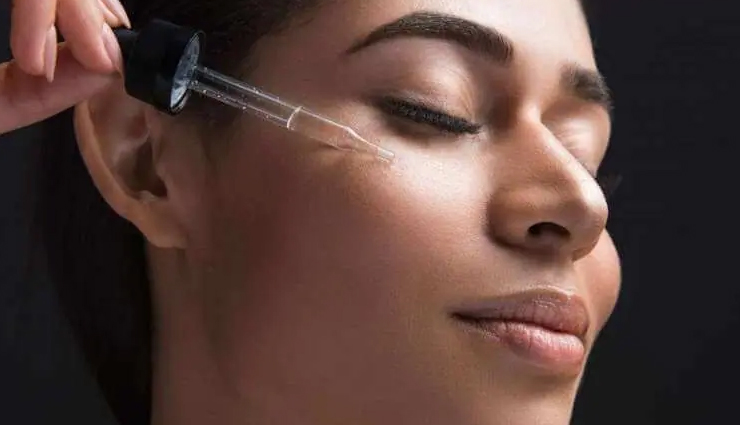
# Keep Your Skin Moisturized
Maintaining proper skin hydration is a vital aspect of preventing pimples. Nonetheless, it's advisable to steer clear of moisturizers that contain chemicals and artificial fragrances. Instead, opt for non-comedogenic moisturizers to ensure your skin remains adequately moisturized without feeling dry following each cleansing routine. Face masks and serums can also be employed to effectively moisturize your skin and retain hydration.
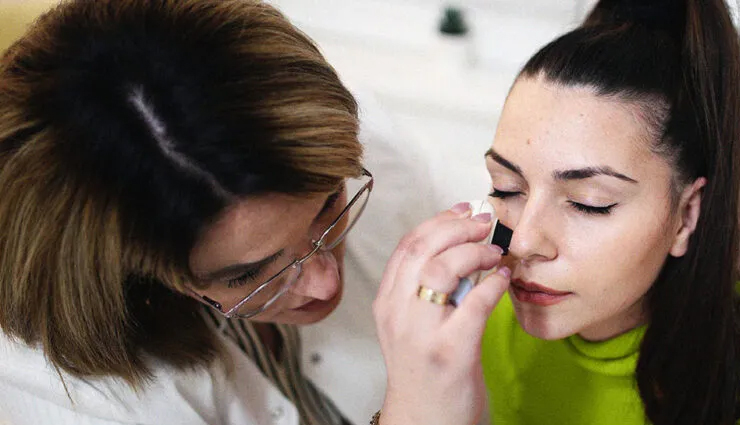
# Use Acne Medication
You can find over-the-counter medications in pharmacies for treating acne and pimples. However, it's essential to seek guidance from a dermatologist before starting any medication regimen. Additionally, it's crucial to diligently adhere to the provided instructions for safe and effective treatment.
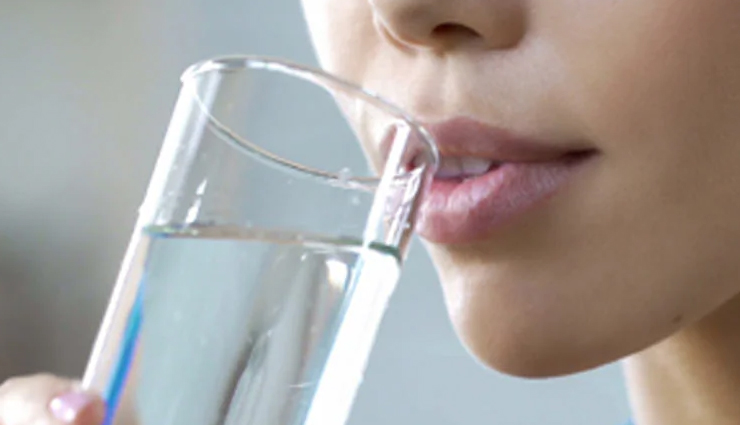
# Drink Water
When your body experiences dehydration, it communicates with your skin, prompting it to generate additional oil in an effort to maintain moisture. This heightened oil production can lead to increased inflammation and exacerbate acne.
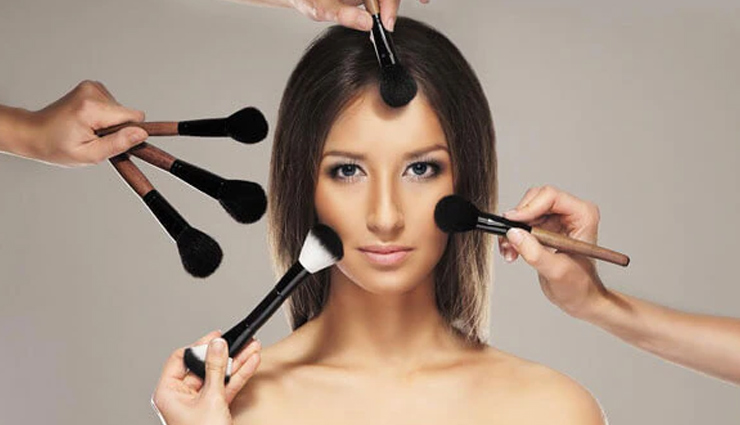
# Use Makeup Wisely
While you might feel inclined to conceal your acne and scars with makeup, it's important to note that makeup can potentially further block your pores and worsen your skin condition. When opting for makeup, select products labeled as non-comedogenic and formulas that are not greasy. Additionally, steer clear of heavy foundations and concealers to minimize potential aggravation of the issue.
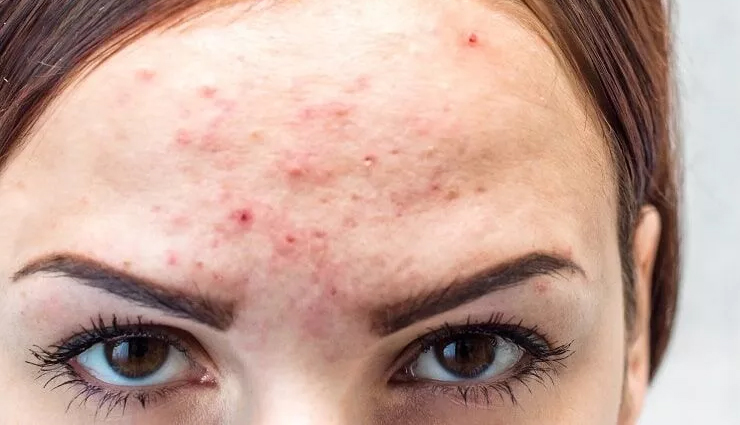
# Refrain from Pimple Handling
Your fingers harbor germs and bacteria that can potentially transfer to your skin. Therefore, it's advisable to resist the urge to squeeze, touch, or scratch pimples. This practice of avoiding facial contact helps prevent skin irritation and the worsening of acne breakouts.

# Prioritize Sun Protection
Prolonged exposure to the sun can lead to skin dehydration and increased oil production, which in turn can result in clogged pores and breakouts. When heading outdoors, consider carrying an umbrella and using sunscreen to safeguard your skin from the sun's harmful effects.

# Mind Your Diet
Remember that your dietary choices can manifest on your skin's condition. Be conscious of what you include on your plate. According to a study featured in the Journal of the American Academy of Dermatology, specific foods can potentially exacerbate acne. High glycemic index foods, such as baked goods, chips, sugary beverages, and items made from white flour, have the potential to worsen acne. Additionally, some individuals may experience acne breakouts triggered by dairy products.
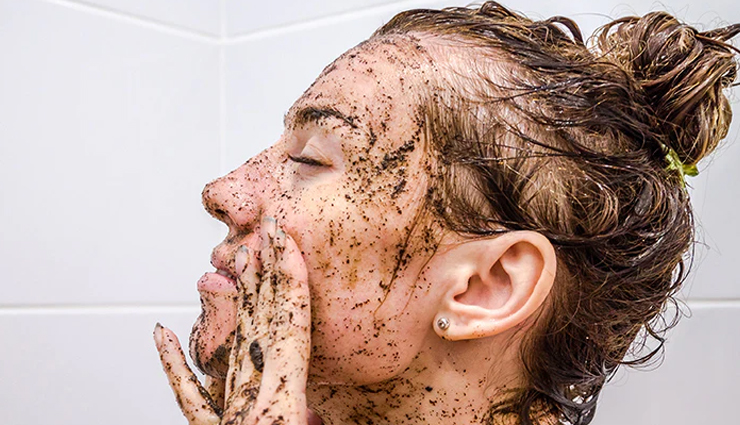
# Avoid Aggressive Exfoliation
If you have acne, it's advisable to steer clear of facial scrubs. Additionally, avoid using cloth pads or washcloths for facial cleansing. Excessive exfoliation of already irritated skin can lead to further inflammation and worsen the presence of pimples and acne breakouts.
5 Effective DIY Remedies for Pimples and Acne
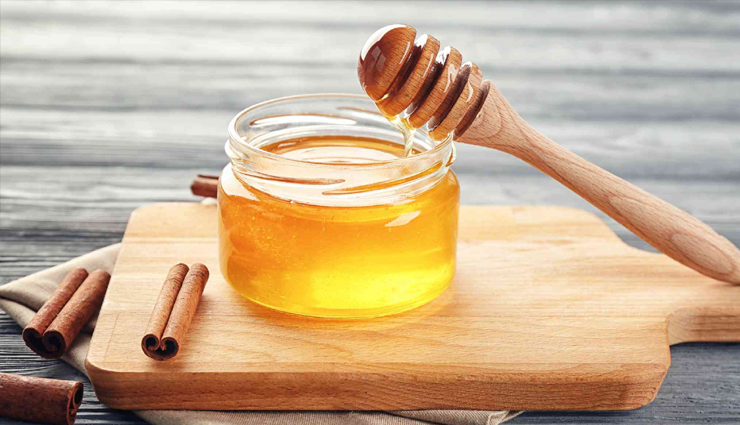
# Honey and Cinnamon Mask
Ingredients:
1 tablespoon honey
1 teaspoon cinnamon powder
Instructions:
Mix honey and cinnamon powder to form a paste.
Apply the paste onto your face, focusing on the affected areas.
Leave it on for 10-15 minutes, then rinse with warm water.
How it works:
Honey is a natural antibacterial agent, while cinnamon has anti-inflammatory properties. Together, they can help reduce inflammation, kill bacteria, and soothe the skin.
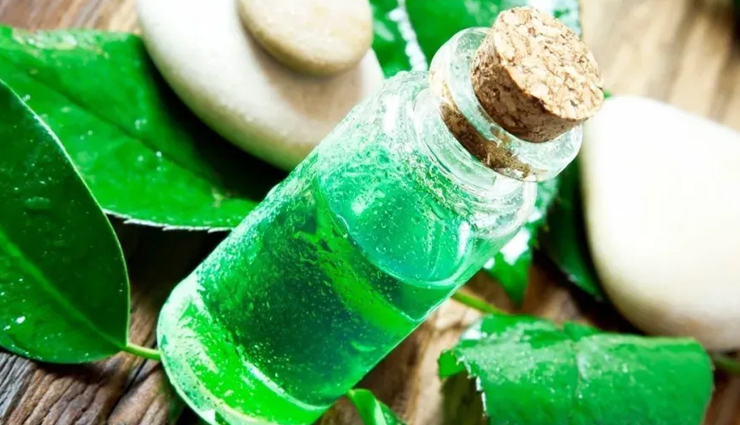
# Tea Tree Oil Spot Treatment
Ingredients:
1-2 drops tea tree oil
1 teaspoon coconut oil or aloe vera gel (carrier oil)
Instructions:
Mix tea tree oil with coconut oil or aloe vera gel.
Using a cotton swab, apply the mixture directly onto pimples.
Leave it on overnight and rinse in the morning.
How it works:
Tea tree oil possesses antimicrobial properties, making it effective against acne-causing bacteria. Coconut oil or aloe vera helps in diluting the potent tea tree oil while providing additional skin-soothing benefits.
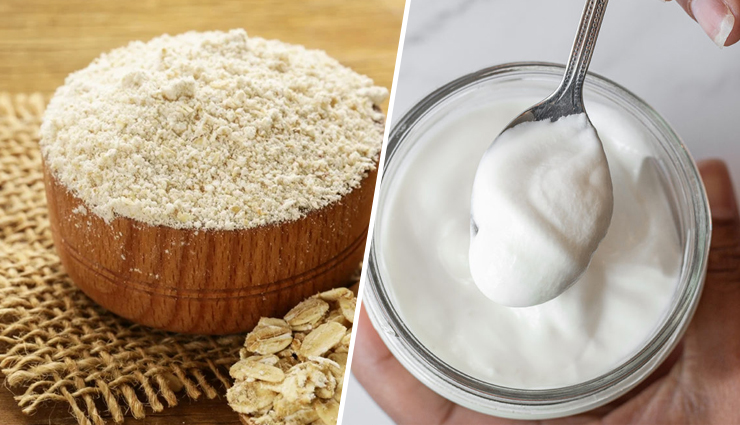
# Oatmeal and Yogurt Mask
Ingredients:
2 tablespoons plain yogurt
1 tablespoon oatmeal (ground into a fine powder)
Instructions:
Mix yogurt and oatmeal to create a thick paste.
Apply the mask to your face and leave it on for 15-20 minutes.
Gently scrub your face in circular motions before rinsing off with cold water.
How it works:
Oatmeal acts as a natural exfoliant, unclogging pores and absorbing excess oil. Yogurt contains lactic acid, helping to fade acne scars and promoting smoother skin.
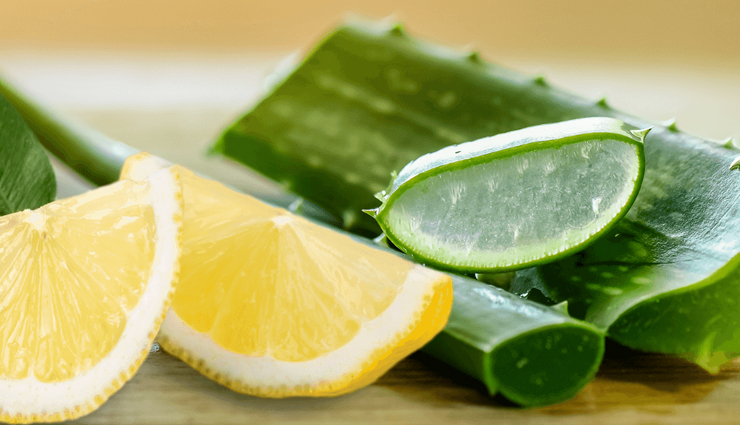
# Lemon Juice and Aloe Vera Toner
Ingredients:
1 tablespoon fresh lemon juice
2 tablespoons aloe vera gel
1 tablespoon witch hazel (optional)
Instructions:
Mix lemon juice, aloe vera gel, and witch hazel (if using).
Apply the toner using a cotton pad on cleansed skin.
Let it air dry and apply moisturizer afterward.
How it works:
Lemon juice contains citric acid, which exfoliates dead skin cells, while aloe vera soothes irritated skin. Witch hazel acts as an astringent, tightening pores and reducing inflammation.
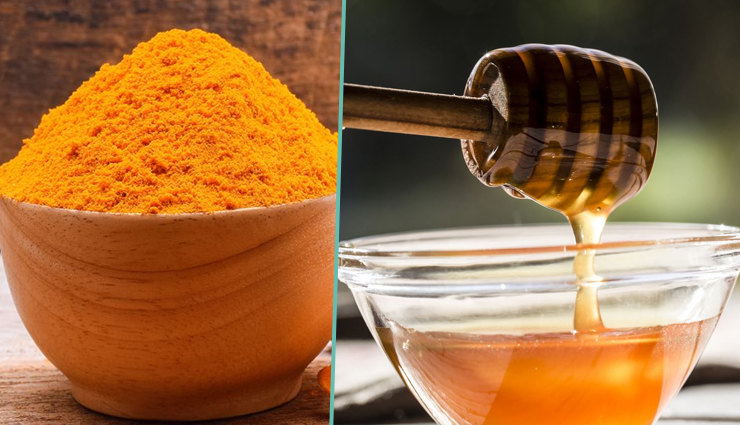
# Turmeric and Honey Paste
Ingredients:
1 tablespoon turmeric powder
1 tablespoon honey
A few drops of rosewater (optional)
Instructions:
Mix turmeric powder and honey to form a thick paste.
Add a few drops of rosewater if the mixture is too thick.
Apply the paste to the affected areas and leave it on for 20 minutes.
Rinse off with lukewarm water.
How it works:
Turmeric contains curcumin, a compound with powerful anti-inflammatory and antibacterial properties. Honey adds moisture to the skin, and rosewater provides a refreshing touch.





